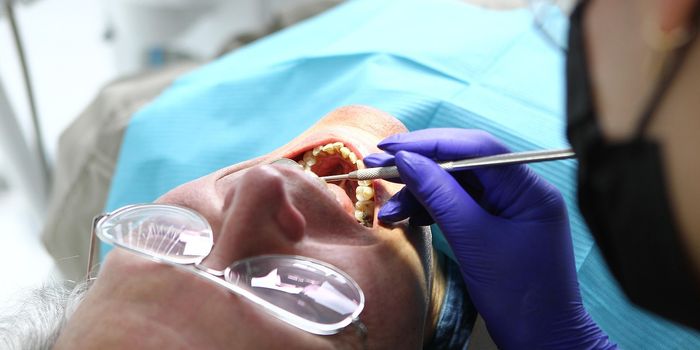Why Cannabis Is Polarizing Among Scientists
 Everyone has an opinion about cannabis, and scientists are no exception. However, in the science community, opinions on the plant’s inherent value tend to be more extreme. Researchers are typically either very pro-cannabis, or very against it. Why is that?
Everyone has an opinion about cannabis, and scientists are no exception. However, in the science community, opinions on the plant’s inherent value tend to be more extreme. Researchers are typically either very pro-cannabis, or very against it. Why is that?
One of the biggest reasons is that there is simply not enough unbiased, scientific data yet available to guide healthcare professionals, scientists and consumers on the pros and cons of cannabis use, and how to truly evaluate the plant. Cannabis is still illegal federally, which makes it very difficult to study, although the new Medical Marijuana and Cannabidiol Research Expansion Act is attempting to change that. The plant does not typically undergo placebo-controlled testing, collecting data-based evidence; a process that is typical of other medications.
Some scientists strongly believe in the healing and therapeutic qualities of cannabis, sometimes minimizing – or not acknowledging – any downsides, including those of addiction. At the same time, some scientists are vehemently anti-cannabis, believing that the plant is harmful, addictive, and provides no inherent value to one’s health, despite growing evidence to the contrary.
So, what is the truth? Most likely, it lies somewhere in between. The FDA has approved a number of cannabinoids to treat conditions such as anorexia, nausea in cancer patients, and to prevent seizures in patients with epilepsy.
At the same time, cannabis potency has skyrocketed in recent years, posing potential health risks for all types of users. Furthermore, the healing properties of certain cannabinoids has been greatly exaggerated in many products on the market.
Currently, scientists are stressing the need for randomized controlled trials to get more definitive hard data; using safe, manufactured cannabis products, products that have been tested and fully disclose what they contain.
Once these trials become more widespread, scientists will be able to study areas such as pain relief from cannabis, intoxication effects, potential addiction risks, and additional health benefits, and be able to make unbiased recommendations to consumers.
Sources: Congress.gov, CMAJ, American Heart Association, FDA, NBC News








